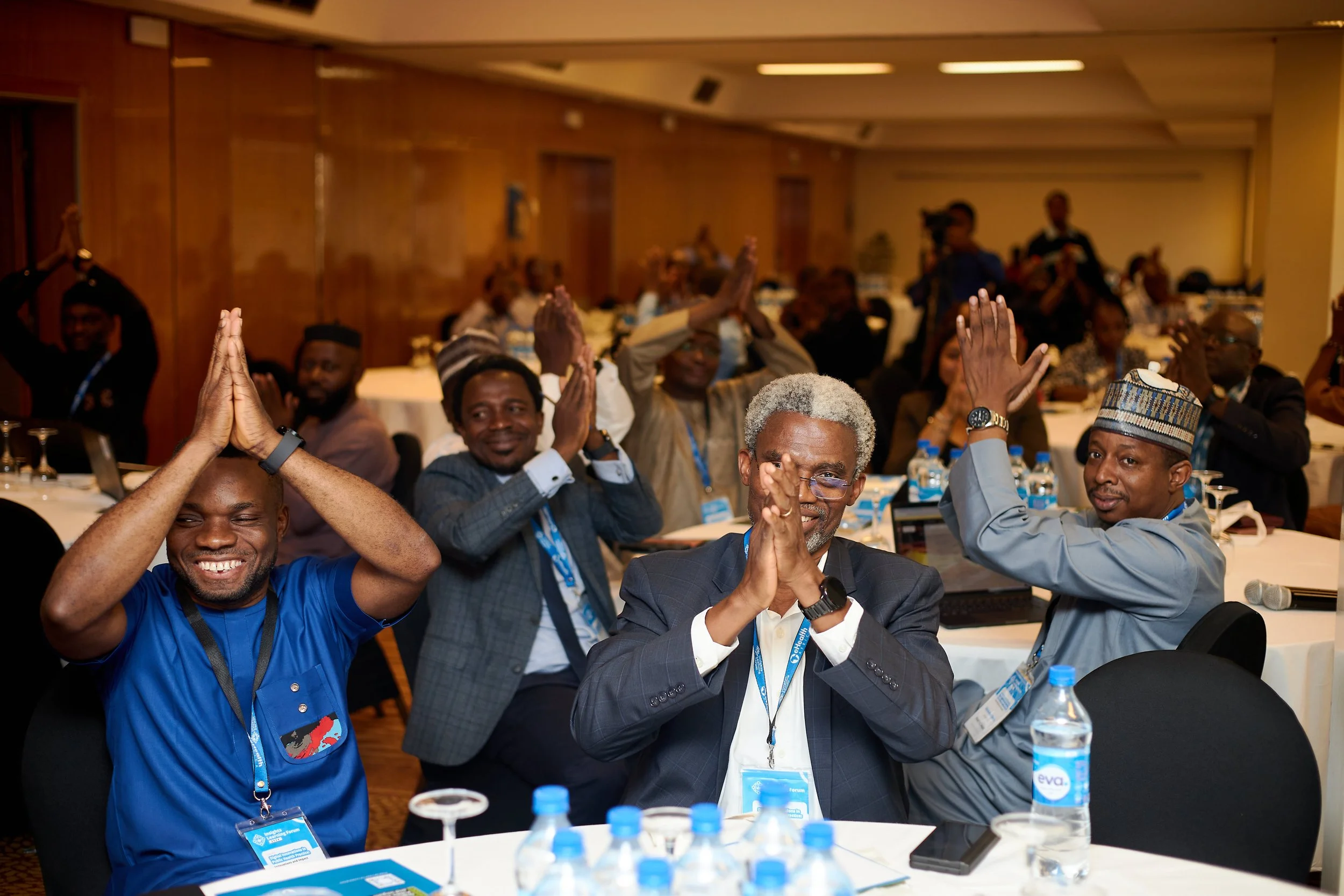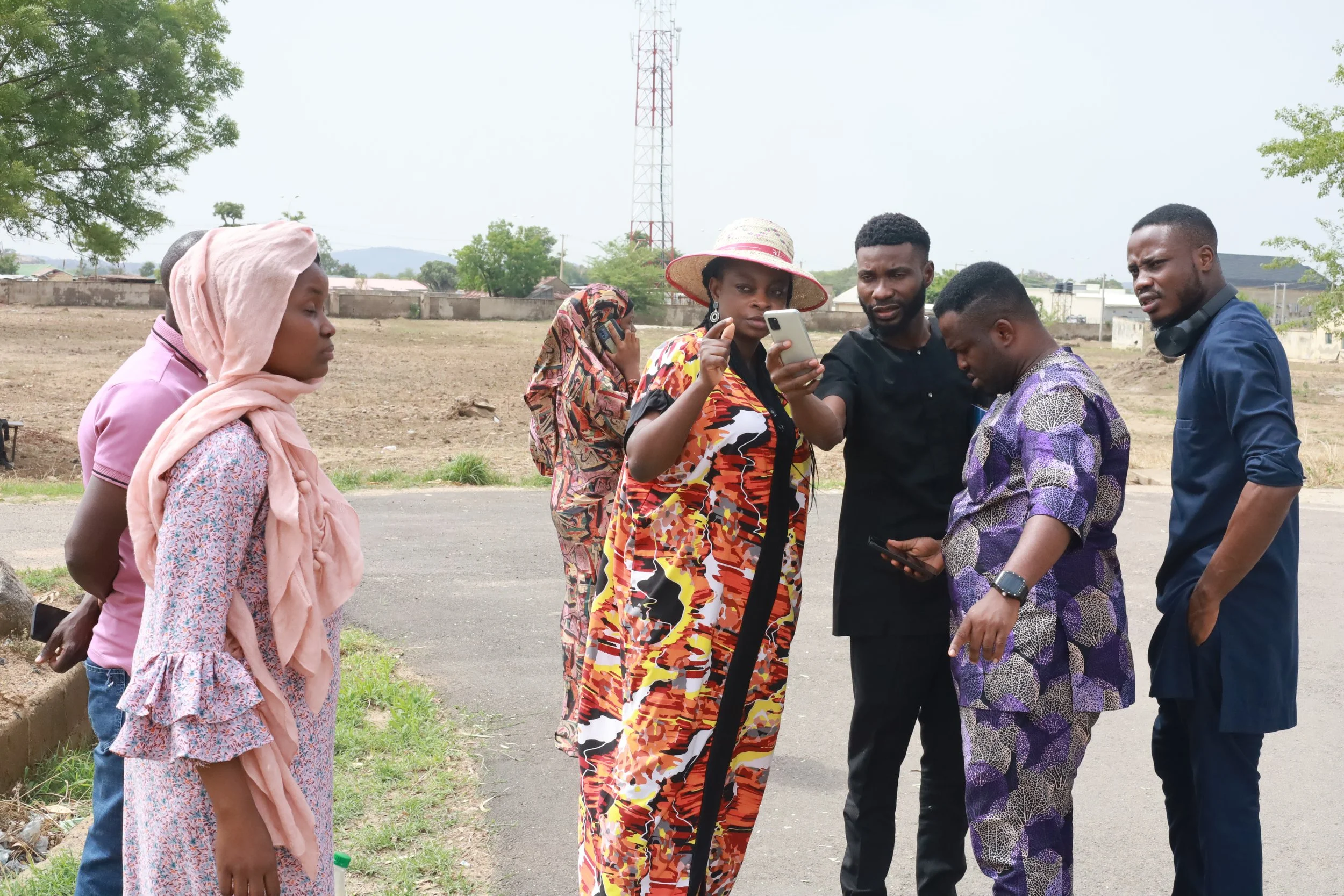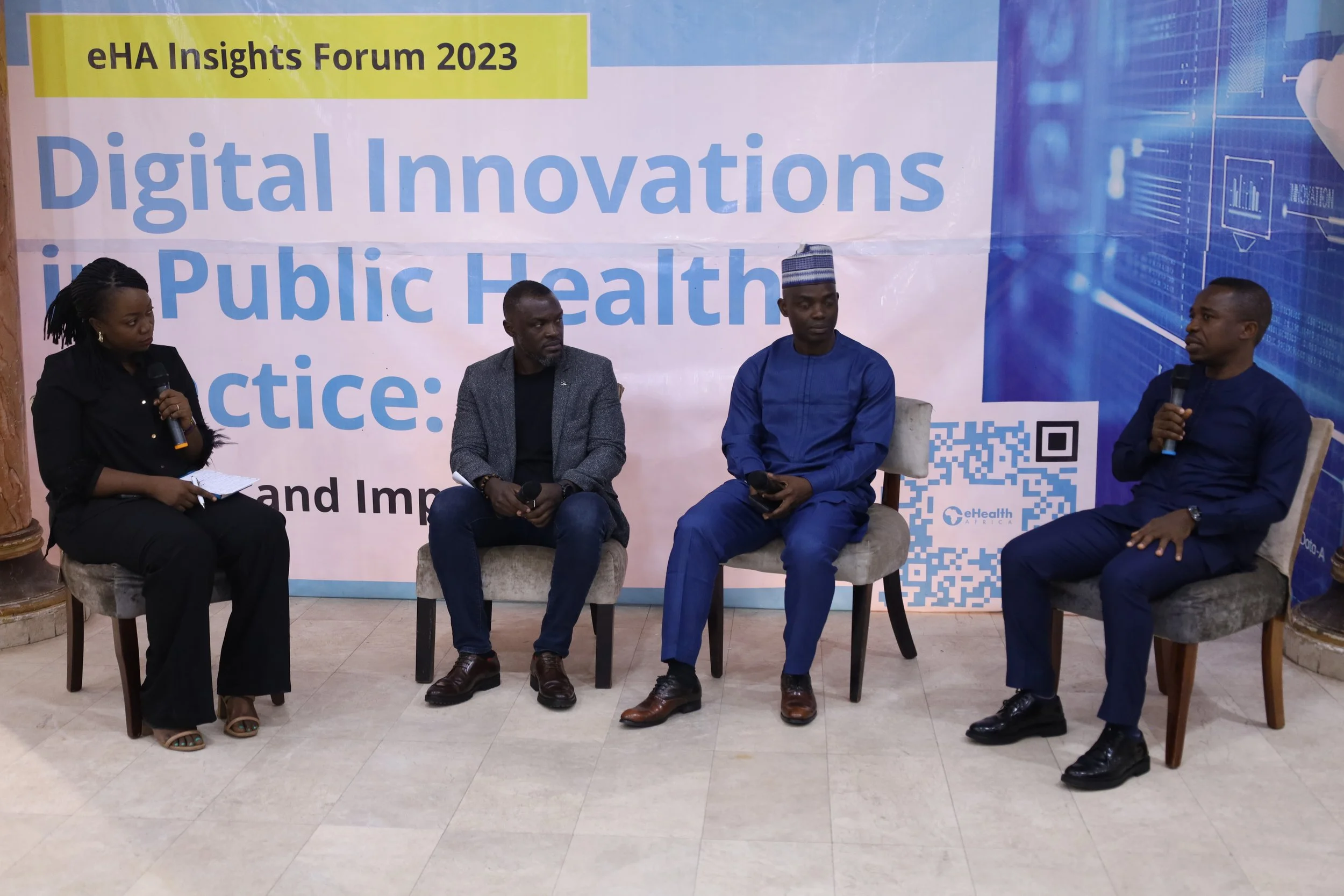eHealth Africa (eHA) has the strong belief that access to proper healthcare is a right, not just a privilege. Consequently, eHA continues to create innovative solutions that provide underserved communities in Nigeria with the tools to take charge of their health and well-being. Through their digital innovations, eHA is bridging the gap between technology and healthcare. Currently, the organization is improving their offering by merging their two main applications - LoMIS Deliver and LoMIS Stock - into one, all-encompassing platform: LoMIS Suite. This platform will enhance the management and delivery of vaccines and other health supplies. By doing so, ensuring that essential healthcare services are consistently available.
LoMIS Deliver alone has successfully delivered over 17 million vaccine doses and 16 million essential goods to their destinations, overcoming logistical challenges to keep healthcare running smoothly. At the same time, LoMIS Stock has provided healthcare workers with a more efficient way to report, offering real-time visibility of stock levels and streamlining the planning process through a mobile app.
The merging of these two applications by eHA, promises to be a powerful tool for improving existing health systems. It will help manage stock levels, track deliveries, and enhance decision-making processes with ease and precision. With these merged applications, every piece of data collected will contribute to better delivery schedules, improved stock availability, and, most importantly, ensuring that every member of the community has access to essential healthcare services. The integration of the LoMIS applications represents not just a technological advancement, but a ray of hope for a society in pursuit of a dependable and efficient healthcare system at the last mile.
Fatimah Howeidy, the project manager, shares her perspective, saying: "Every data point we collect represents real people, families, and their futures. By merging our LoMIS Deliver and LoMIS Stock applications, we're not only improving our technology but also ensuring that vaccines and health supplies are always available when and where they're needed most, and the process is managed using a more improved system."
This initiative is supported by the Digital Health Innovation Accelerator Program (DHIAP), which was launched in 2021, and is powered by the WFP Innovation Accelerator and BMZ digilab – the innovation lab for digital solutions, initiated by the Federal Ministry for Economic Cooperation and Development (BMZ) in collaboration with GIZ, the German Development Bank KfW, and the Bill and Melinda Gates Foundation. eHA project has been selected as one of 5 finalists for the WFP Sprint Programme, and is supporting the implementation by providing financial support, as well as access to mentorship, guidance, and a strong network of peers and stakeholders to inspire and share knowledge and best practices.
Through initiatives like these, eHA is empowered to offer not just technological solutions; they are weaving a future where healthcare is consistent and accessible to all. This future includes mothers who wish to see their children thrive without vaccine-preventable diseases, healthcare workers who rely on dependable data and supply chains, and communities that rightfully deserve equitable healthcare. In the synergy of technology and health facilitated by eHA, each vaccine delivered represents a stride towards improved health outcomes. Every report submitted through the app strengthens the battle against vaccine preventable diseases. And each decision made with precise, real-time data paves the way for equal healthcare accessible to all.
Fatimah encapsulates eHA's spirit by saying, "Our solutions, especially when combined into the LoMIS Suite platform, are more than just applications. They are our commitment, represented in data, ensuring that every child and every family in our communities has reliable healthcare."
In this intricately woven digital solution created by eHA, technology and health are seamlessly interconnected, ensuring that each individual and every community can consistently count on fair and reliable healthcare. It's not just a project; it is a commitment to accessible healthcare through the power of technology and unwavering dedication of our healthcare professionals.















